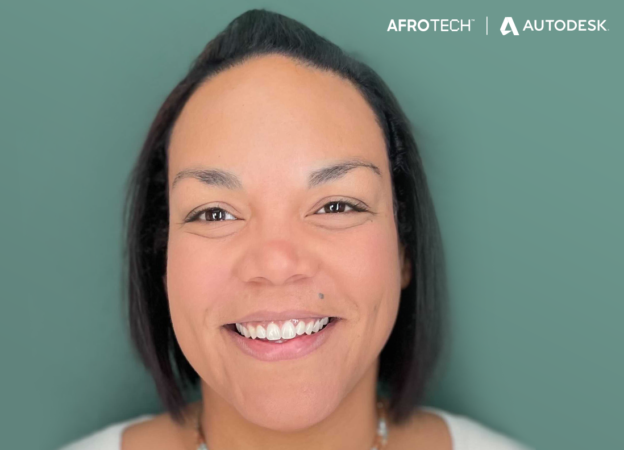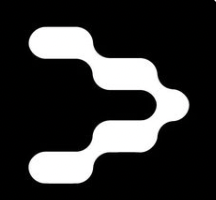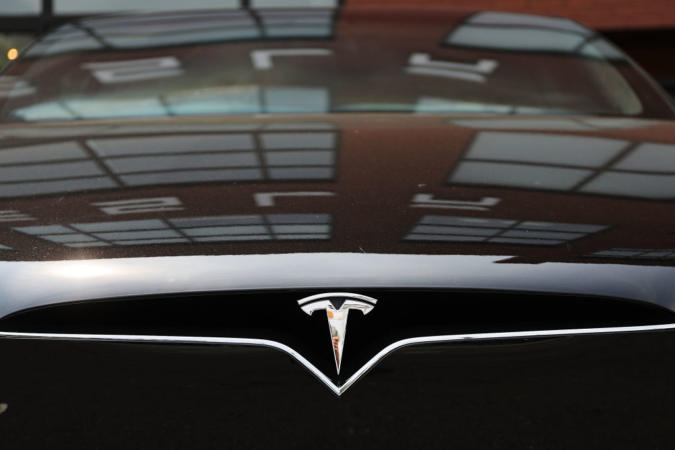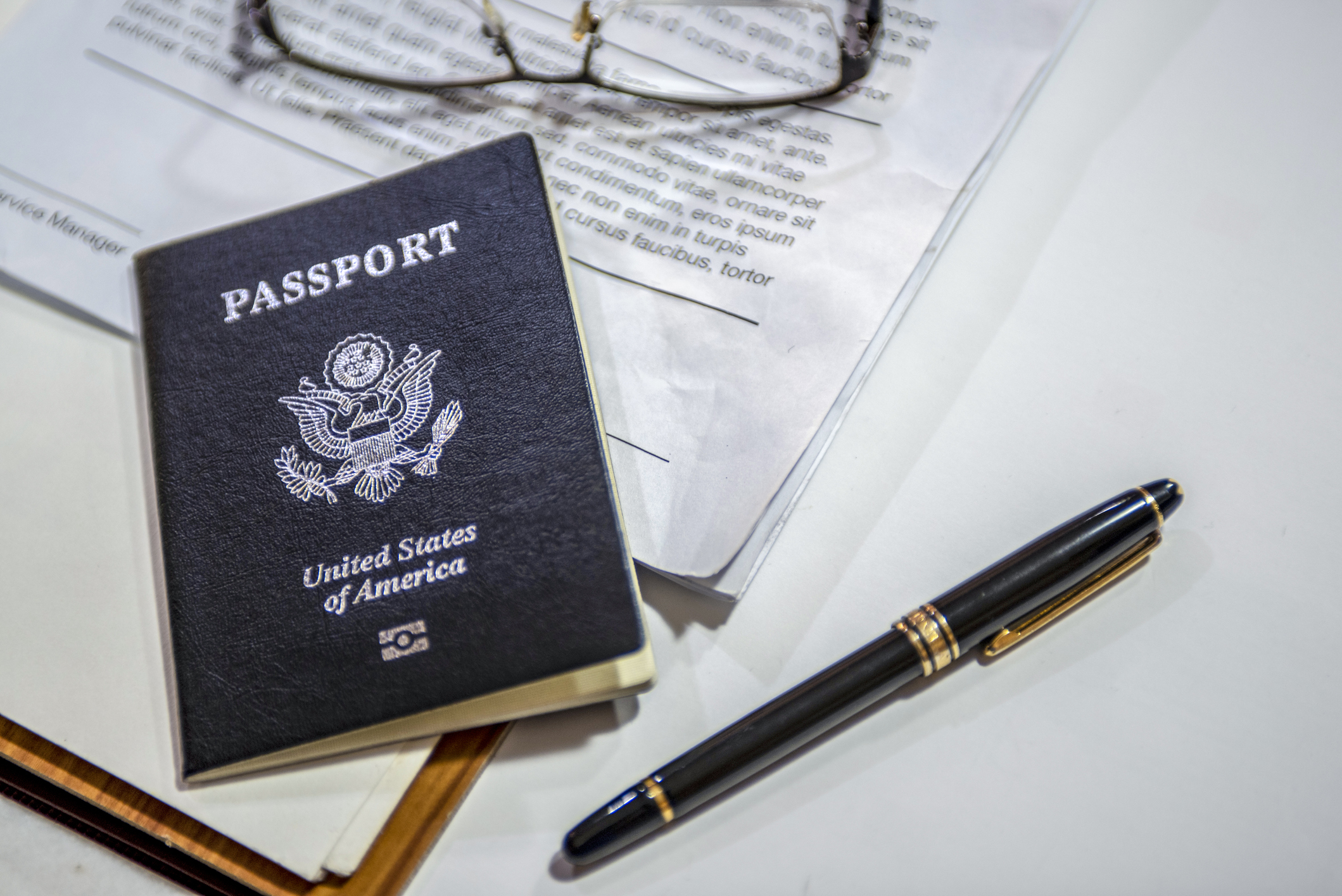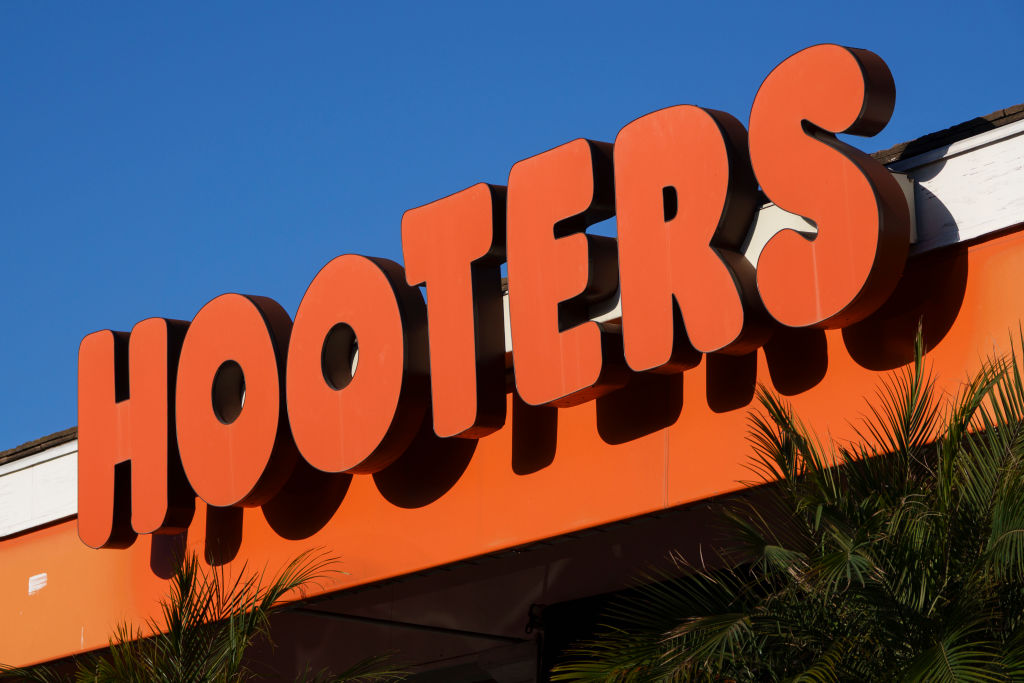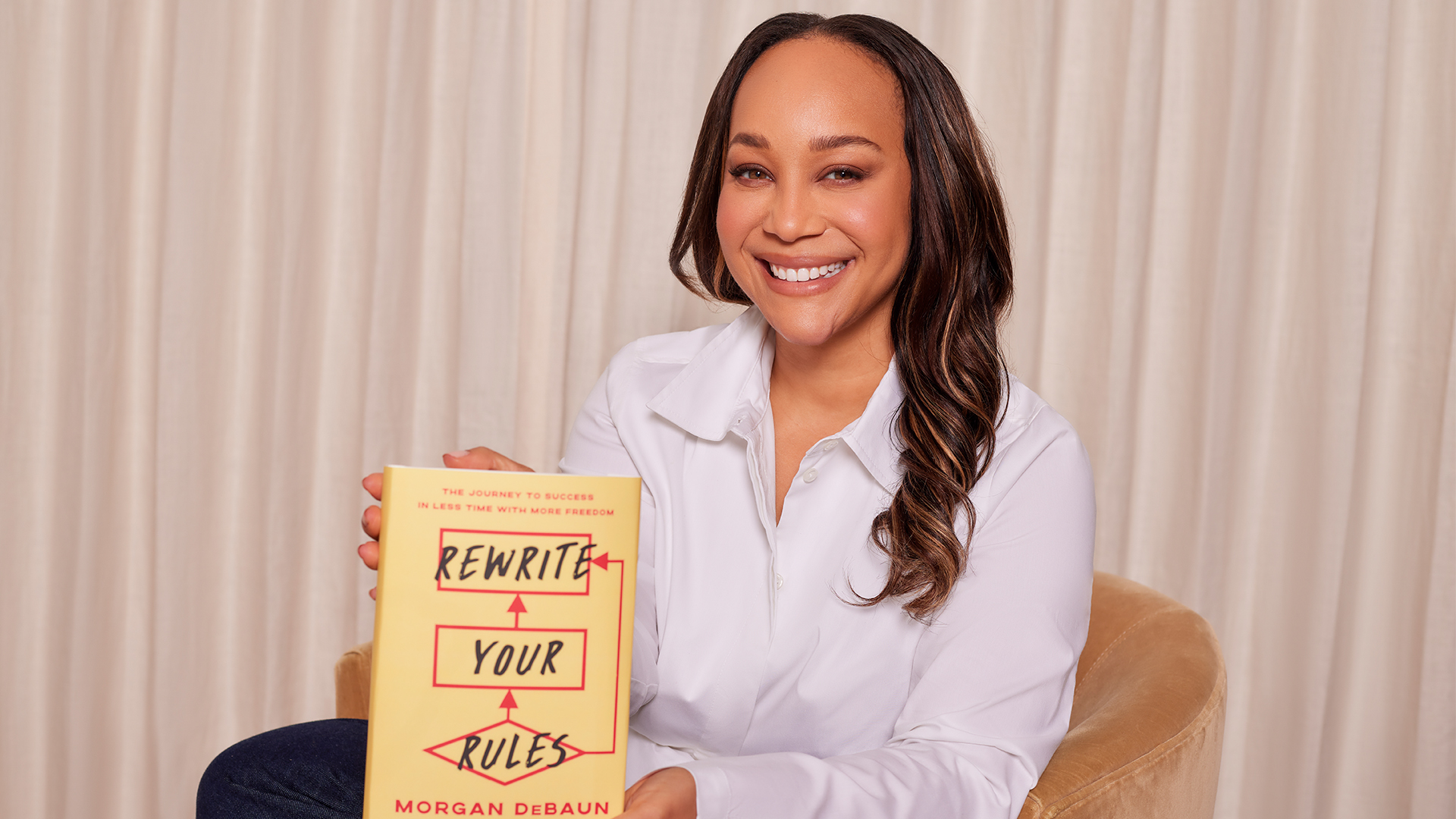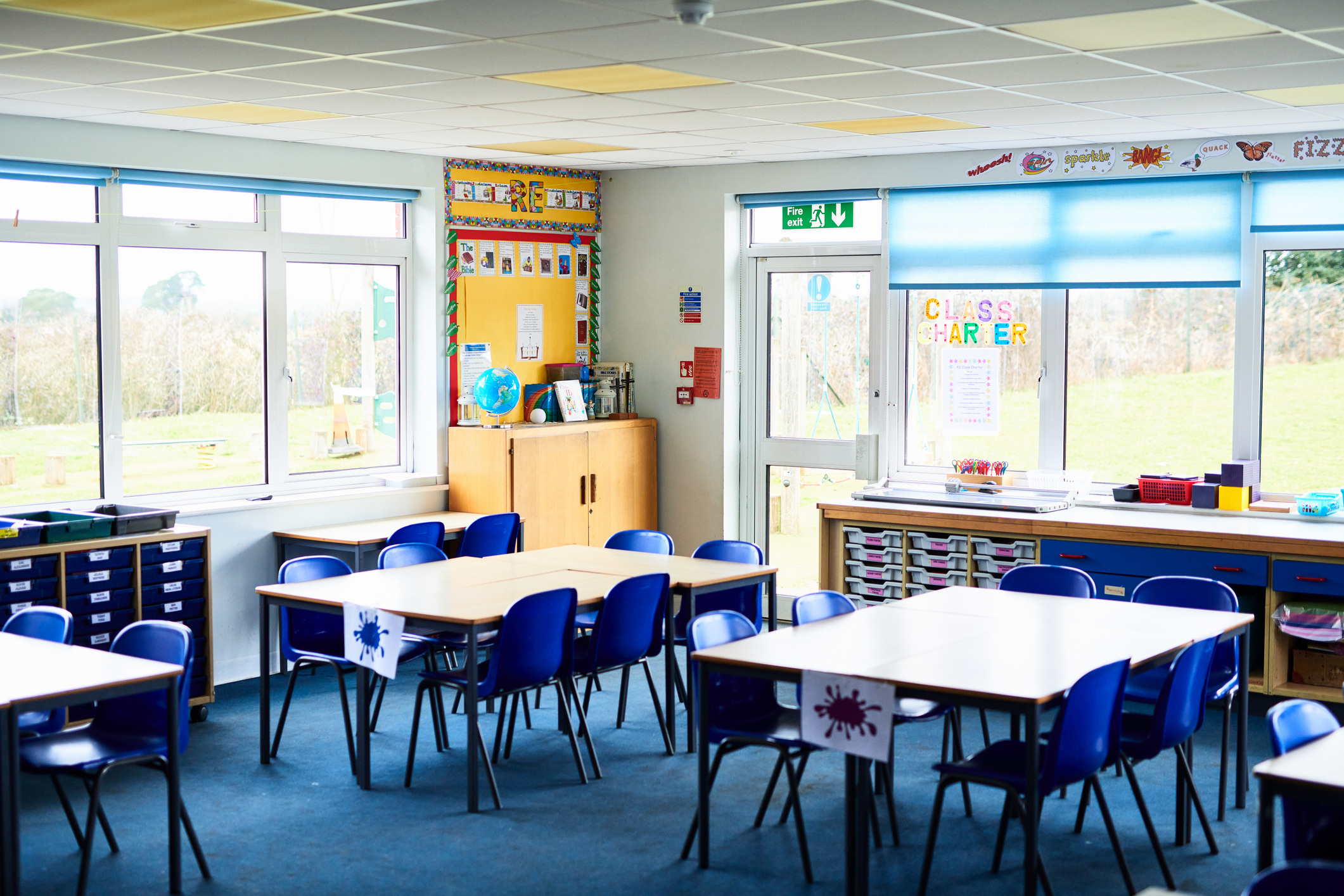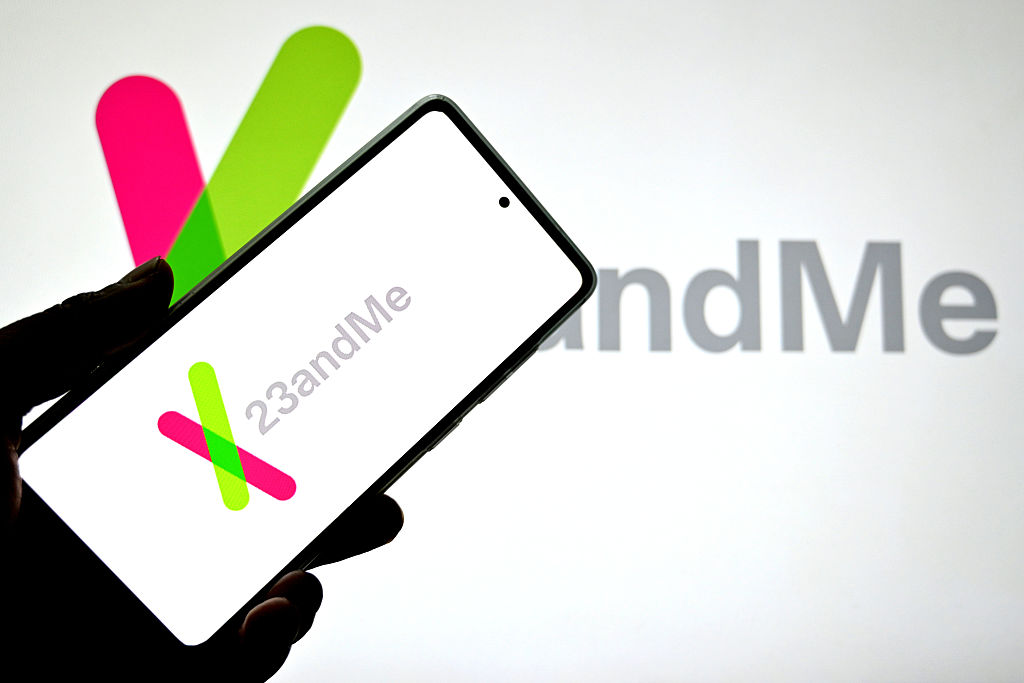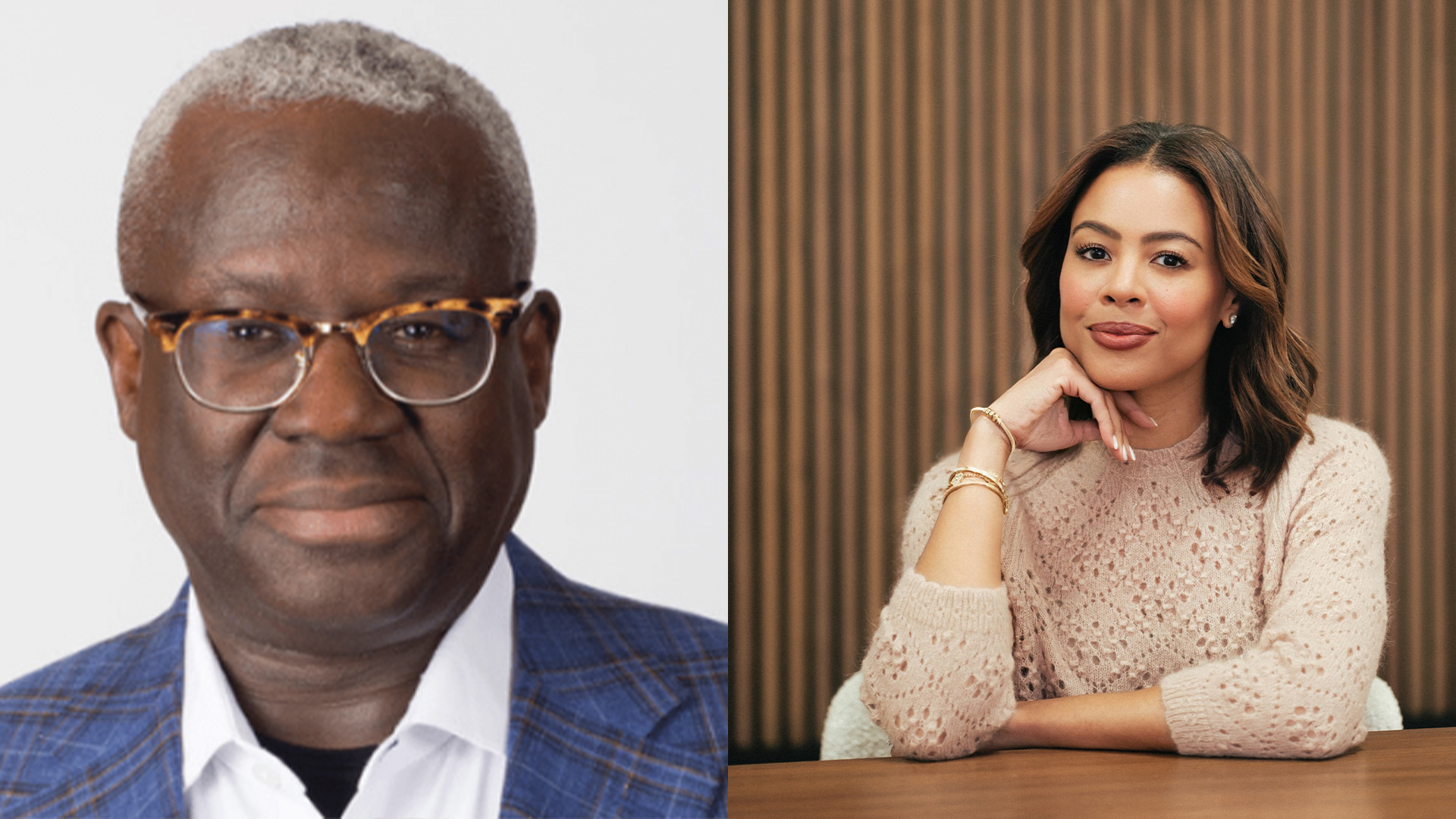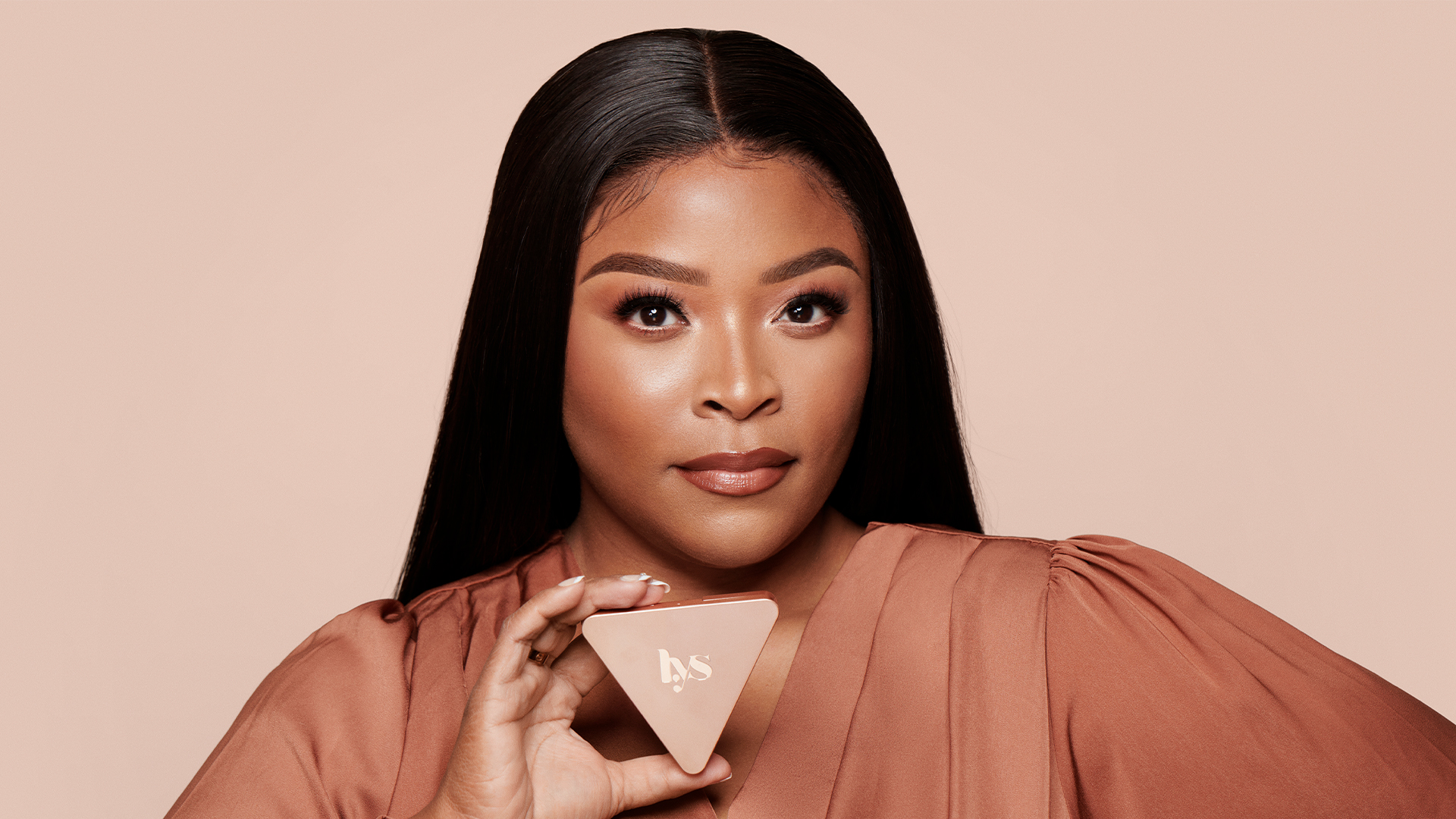A lot of companies have employee resource groups, or ERGs. Not a lot of companies have ones as influential and active as the Autodesk Black Network (ABN), where members are creating dynamic and engaging programming for Black employees and the entire Autodesk software company.
Consider ABN’s activities throughout Black History Month alone. This February, ABN leaders organized guest speakers, held a book club, showed a film, promoted Autodesk’s sponsorship of the Museum of African Diaspora and even led virtual cooking classes featuring cuisines from Africa — all those activities, in spite of a pandemic!
ABN gets its inspiration and drive from employees like RaShonda King, a customer success specialist based in Denver. King is one of the forces behind ABN’s flagship event, the Autodesk Black Summit, which will be virtual this year because of COVID-19. Last year, before the pandemic, Black employees and allies flew to Autodesk San Francisco for the two-day summit, where they marched in the Black Joy Parade, networked and connected with Autodesk executives.
We sat down with King to learn more about Autodesk, her journey with the company and how the company supports Black employees.
Afrotech: Tell us more about Autodesk.
RaShonda King: Autodesk makes software for people who make things. Our products like AutoCAD, Revit, Maya and Fusion 360 are used by over 100 million creators. I’m talking about architects, artists, animators, manufacturers and engineers. If you’ve ever driven a high-performance car, admired a towering skyscraper, used a smartphone or watched a great film, chances are you’ve experienced something built using Autodesk software.
I joined Autodesk about five years ago. While in the interview process, I read about how Autodesk software helped enable a mind-blowing engineering feat: the expansion of the Panama Canal. That’s what got me hooked. Our work helps shape the world, touching every part of the way we live, and I wanted to be part of that.
Afrotech: What is a customer success specialist?
RK: I work in the Architecture, Engineering, and Construction space, or what’s known as AEC. Our customers use Autodesk software to design and build everything from residential homes and high rises to mega projects like tunnels, bridges and rails. We need to make sure our software works for each customer’s specific needs, processes and workflows. That’s where I come in.
I work hand in hand with our customers to help them get the most out of the software they subscribe to. For instance, as we make upgrades to a tool, I help our customers understand and integrate those new capabilities. I also identify when a customer doesn’t have precisely the right software package for their business applications. I work with them to identify what they really need and make sure they’re successful using the right combination of tools.
Afrotech: How did you get into this field?
RK: I did not start out with a background in tech. I went to college for public relations and, at the time, thought I wanted to be a PR pioneer and influencer like Melinda Lewis. When I left college, I quickly knew that wasn’t my path and ended up in marketing and sales in the oil and gas industry. I wasn’t actively looking for work, but in 2016, an Autodesk recruiter reached out to me on LinkedIn and brought me aboard. I had some software experience, just not in the industries Autodesk serves.
Afrotech: How did Autodesk support your onboarding?
RK: I’m in AEC now, but I started out in Design and Manufacturing, or D&M. My team’s focus was on simulation. Say, for instance, you’re designing a computer mouse. Our simulation products can help you test how fluidly it moves, how it fits into different-sized hands and how many drops it can take before breaking. Before Autodesk, I had no idea how much software played a role in the whole product design and manufacturing lifecycle, so I had to start from scratch. Fortunately, Autodesk really set me up for success.
When I began onboarding, they sent a whole team of people to train two of us on simulation. I sat in on demos with the engineers who were creating the software, as well as the engineers who use it. I had lots of opportunities to ask questions, process information and learn. It took about six months to get up to speed fully, but by the end of it, I was so well trained on a variety of Autodesk software that I even designed a house in Revit!
Afrotech: How impactful is your work with the Autodesk Black Network?
RK: ABN’s influence goes all the way to the top of Autodesk leadership. Our executive sponsor is Autodesk’s CEO, Andrew Anangost. He always kicks off Black History Month for us and attends our annual summit, where he speaks and takes questions. He also works closely with us in planning for these events. His commitment has enabled us to create safe spaces for difficult questions like, “Why doesn’t Autodesk have a Black board member?” Andrew made a promise to hire one, and he followed through. In 2019, Autodesk appointed robotics and AI expert Dr. Ayanna Howard to the board.
Our members are active in a lot of other ways through partnerships outside of Autodesk. Brandon Kramer, another active ABN member, gets us in front of the Hidden Genius Project, which trains and mentors Black male youth in technology, entrepreneurship and leadership skills. I’m currently working with an organization called Dream Wakers. We put students from low-income families in front of like minds and faces, giving them professional role models and exposure to career opportunities.
Afrotech: How have you personally been supported at Autodesk?
RK: Everyone had a tough year in 2020, but mine was especially hard. I lost my father. Then I lost my dog. Then the social unrest that followed the George Floyd murder was really challenging for me. I was dealing with my personal losses while also trying to be an activist.
I was taking some time off because of my dad when I got an email from my manager that she wanted to meet. I was worried I was going to get fired. Instead, she said, “I know you’ve had a rough year. I know there are other things going on besides your dad and your dog. Have you thought about taking a leave?” The following week, someone from our HR team reached out to arrange details for my leave. I was able to take additional time off, no strings attached. My team covered everything while I was gone.
Afrotech: How does Autodesk support professional growth?
RK: Once you get into Autodesk and they see your potential, you can do anything here. I didn’t know anything about simulation software, but they gave me the support, resources and education to be successful. I’ve also had so many good mentors. I’m now thinking about changing my career path to get into Diversity & Belonging. I’m honing my skill sets for that transition, and they know I’m interested. It’s not unusual here for people to make changes like that. There are VPs and directors who started in sales positions.
Your career path can be virtually anything you want it to be at Autodesk. The sky’s the limit.
—
This editorial is brought to you in partnership with Autodesk.
Autodesk is building a diverse workplace and an inclusive culture to give more people the chance to imagine, design, and make a better world. Check out Autodesk’s careers page to learn about its incredible opportunities.
